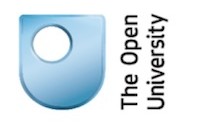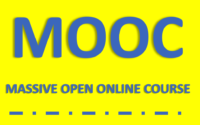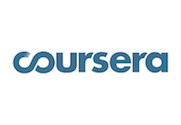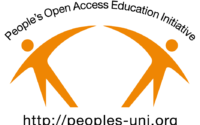
Open Universities and Open Educational Practices
The purpose of this study is to provide an overview of how open universities depict their current institutional engagement in open educational practices. In view of the growth of programming for non-traditional students by conventional universities, particularly through online learning and increasing interest in open educational practices, the intention is to gain a better understanding […]















